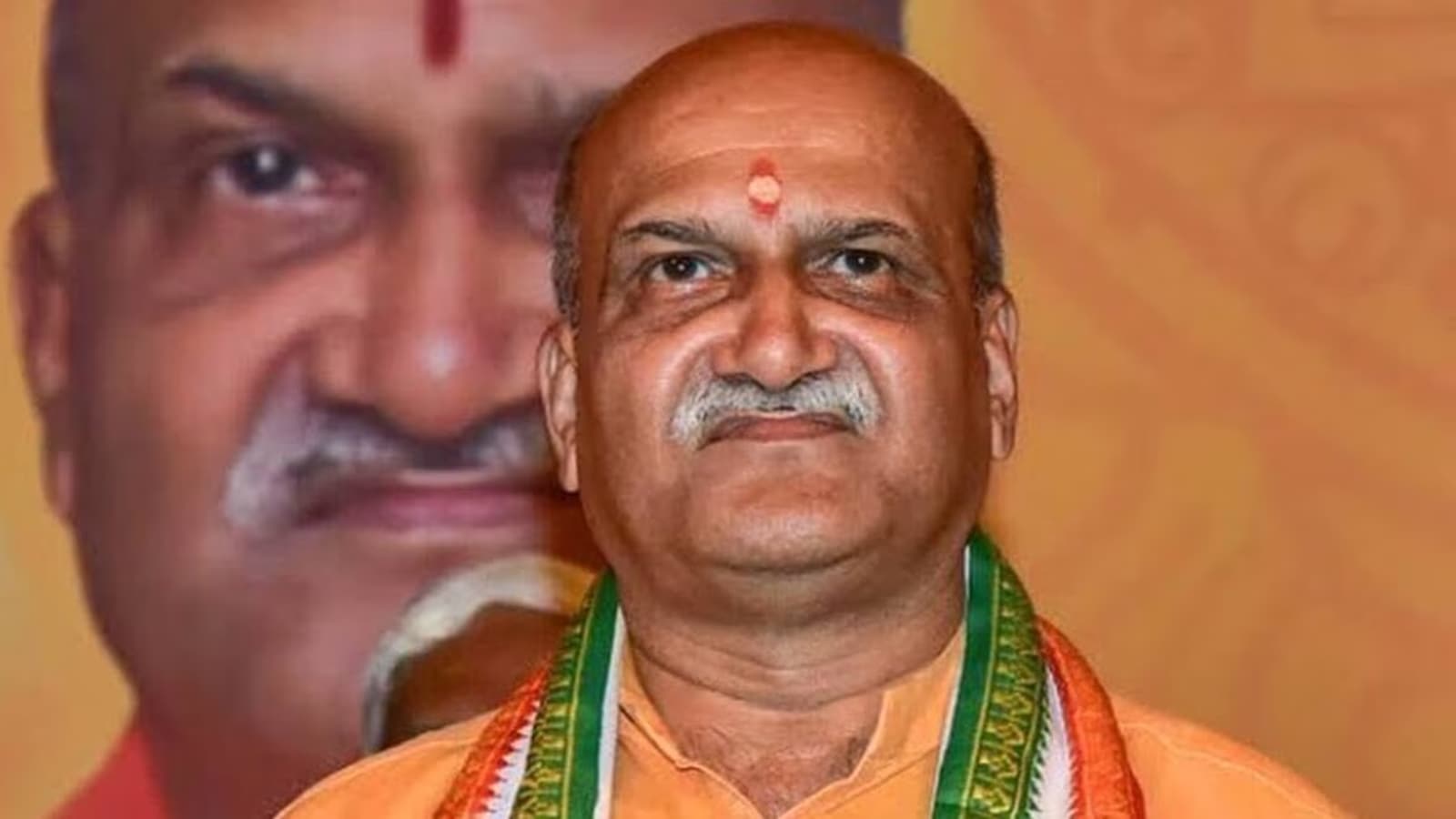
New Impact on Goa’s Tourism Industry
Goa MLA Vijai Sardesai Criticizes Govt for Allowing Pramod Muthalik’s Entry
Vijai Sardesai, president of the Goa Forward Party (GFP), has strongly criticized the Bharatiya Janata Party (BJP) government for lifting the ban on Pramod Muthalik, the controversial chief of Sri Ram Sene. Speaking at the Goa Legislative Assembly, Sardesai accused the government of jeopardizing Goa’s tourism sector and communal harmony by allowing Muthalik’s entry into the state.
The MLA questioned the rationale behind the decision, recalling that former Chief Minister Manohar Parrikar had imposed the ban to prevent communal and inflammatory speeches. Sardesai warned that repealing the ban could encourage hate speech and discourage tourists.
Pramod Muthalik, the founder of Sri Ram Sene, is known for his right-wing extremist views and provocative speeches. His group gained national infamy for its 2009 Mangaluru pub attack, where Sri Ram Sene members assaulted women for allegedly violating Hindu culture.
In 2014, Goa’s then CM Manohar Parrikar imposed a ban on Muthalik’s entry to safeguard the state’s secular image and tourism sector. The ban was seen as a preventive measure against communal polarization.
Muthalik was repeatedly barred from entering Goa over the years due to concerns that his presence could stoke religious tensions and disrupt the state’s law and order.
During his speech in the Assembly, Sardesai lashed out at the BJP government, questioning if they were deliberately endangering Goa’s tourism-dependent economy.
“Manohar Parrikar had imposed a ban on Sri Ram Sene. Why? Because their chief would make communal and inflammatory speeches. Was Parrikar mad or has Muthalik changed his ways? He entered the state and spoke about ‘love jihad’,” Sardesai declared.
The MLA argued that by permitting Muthalik to enter Goa, the government was risking communal harmony. He warned that hate speeches and divisive rhetoric could discourage tourists, harming Goa’s reputation as a liberal and cosmopolitan destination.
The BJP-led Goa government has so far remained largely silent on the matter. However, sources within the administration argue that lifting the ban was a procedural decision, not a political one.
Some BJP leaders have defended the move by stating that freedom of speech should not be curbed unless there is a direct threat to public order. However, opposition leaders and civil society groups have expressed concerns, calling the move a dangerous appeasement of right-wing elements.
Goa’s economy heavily depends on tourism, which contributes nearly 16% to the state’s GDP. The state is renowned for its beaches, nightlife, and multicultural ethos, attracting millions of domestic and international tourists annually.
Critics of the government’s decision argue that allowing figures like Muthalik, known for moral policing and communal rhetoric, could create an unwelcoming atmosphere. This could lead to:
- Decreased tourist footfall due to safety concerns.
- Negative international media coverage, tarnishing Goa’s image.
- Loss of revenue for hotels, resorts, and local businesses.
The decision to lift the ban has sparked mixed reactions. While right-wing groups have welcomed it as a victory for freedom of movement, opposition leaders and citizens have raised concerns over its potential consequences.
Local tourism stakeholders have expressed fears that politically driven communal tension could scare off visitors. On social media, many Goans have questioned the timing and motivation behind the move.
The controversy has put the BJP government on the defensive, with opposition parties accusing it of pandering to hardline groups. Sardesai’s criticism has resonated with Goa’s liberal voters, many of whom are worried about the state’s secular fabric being eroded.
Political analysts believe that this issue could become a major flashpoint in the next state elections, with opposition parties using it to target the BJP’s polarizing policies.
Goa’s Identity at Stake
The lifting of the ban on Pramod Muthalik has stirred a political storm in Goa. Vijai Sardesai’s scathing criticism highlights the growing concerns over the state’s tourism industry and communal harmony.
While the BJP government remains silent, opposition parties and civil society groups are demanding a reversal of the decision. As the debate intensifies, Goa’s image as a tolerant and tourist-friendly state hangs in the balance.